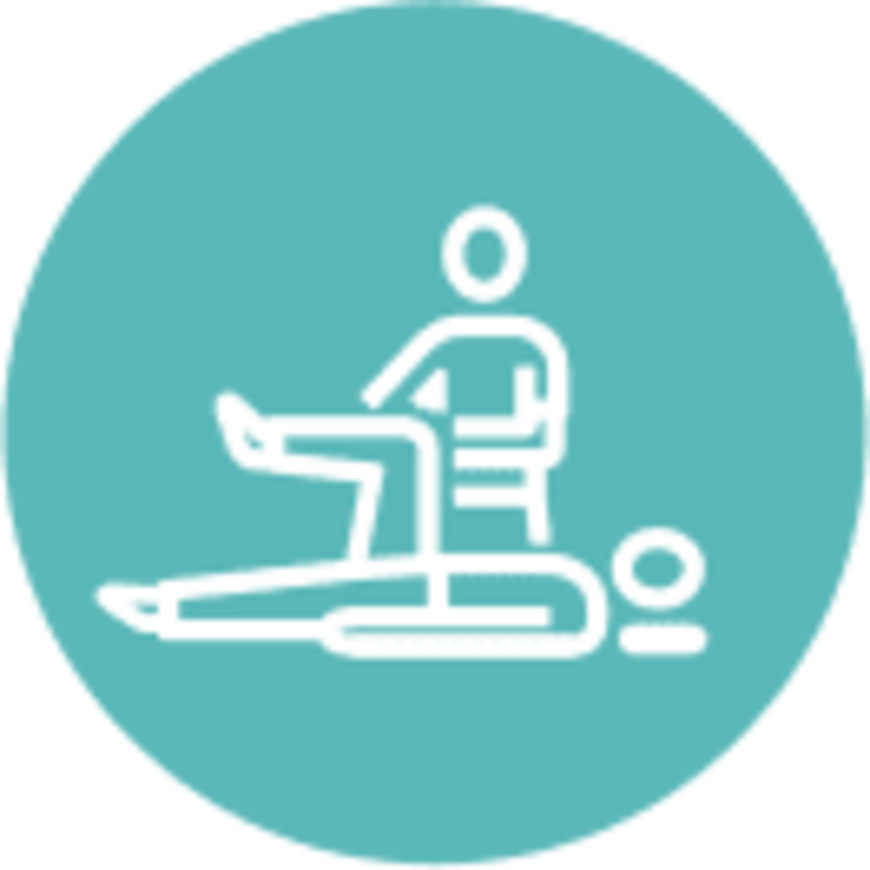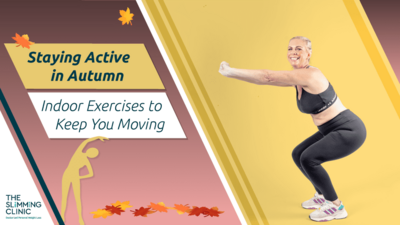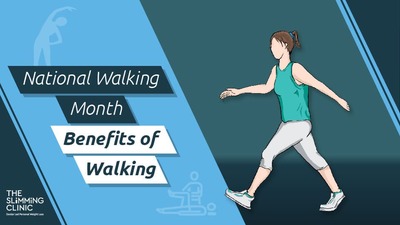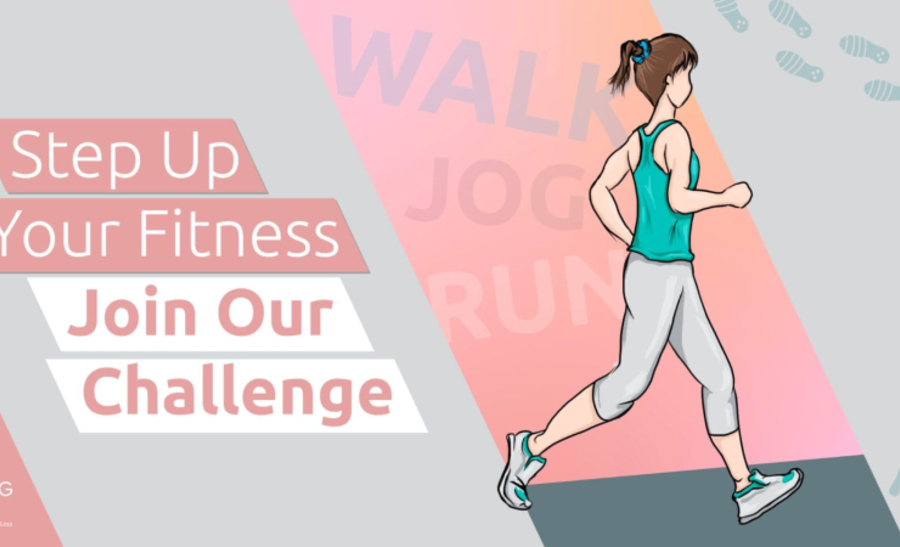What Is Movement Coaching?
What is movement coaching?
Movement coaching has gained in popularity in recent years. It’s safe to say that fitness has taken the world by storm, with people becoming hooked on beating personal targets, burning calories and gaining muscle at the gym. Through the likes of Social Media too, it is hard to ignore the influx of fitness influencers providing high intensity and fat burning workout programmes online.
While it is great that people are staying active, it is important to understand each person is unique and their body has different needs when it comes to movement.
From a young age, through constant practise and experience we develop motor skills. From standing and walking to running and swimming, we combine our brain, muscles and nervous systems all together to perform certain tasks effectively. Once we reach a certain age, our focus shifts from nurturing and developing our skills through varying forms of movement to focussing on set fitness regimes that limit free movement and result in aches and discomfort.
So, what is a movement coach?
Movement coaches are nothing new; so why are we only learning about them in recent years? With the likes of UFC Fighter Conor McGregor announcing his use of a movement coach back in 2017, there is no surprise that they have become popularised ever since.
As our understanding of the human body and its functions develops, it’s becoming even clearer that consistent and quality movement is imperative for health and wellbeing.
Movement coaches tailor programmes to fit your body, by understanding your daily behaviours and current routine. Through the seamless blend of strength, endurance, flexibility and cardio, personalised plans enable individuals to implement the right movements into every aspect of their life; whether that’s work, life, home or fitness.
A movement coach can guide you through the course of recognising your current comfort zone then guide you through the right time and methods to push out of it.
Why movement coaching?
You may be fit as a fiddle and thinking that a movement coach wouldn’t be beneficial to you, but we’re here to tell you you’re wrong! While you could be in great health, there could be certain movements in your life that could lead to injury, aches and pains.
The goal of a movement coach in a nutshell is to provide expert movement tips to correct movement dysfunction that can result in injury. In addition to this, with the rise of technology and individuals leading more sedentary lifestyles, it ensures our bodies are getting the right amount of movement on a daily basis. We also often forget that our body as a whole is a functional unit so a movement coach helps individuals to recognise and apply balance and coordination through movement.
How does it work?
Movement and posture go hand in hand. As previously mentioned, the rise of technology and ‘work from home’ culture has meant that we sit in front of our computers and laptops for hours on end; limiting movement and worsening posture. Movement coaches look at an individual's entire lifestyle - ranging from work demands, sport, life as a whole, social commitments - and design unique programmes to aid individuals to succeed in all areas.
Movement coaches assess your strengths and weaknesses and build effective and efficient plans to implement into everyday life. The key focus areas that movement coaches look at (however, are not limited to) are: flexibility, mobility, strength and performance.
Benefits of movement coaching
Having a movement coach has various benefits, such as developing physical literacy. Understanding what our body is capable of can help to apply these skills to tasks we complete in our everyday lives, building on self-confidence.
To add, movement coaches push individuals out of their safe zones, which is vital in improving and maintaining physical health.
People leading sedentary lifestyles can also become complacent in everyday movement, lacking motivation and drive. Having an accountability partner to manage progress and set goals increases the chances of success and reduces the risk of injury in the long term; health is wealth after all!
Lastly, education is key in everyday life! The knowledge and understanding that you are able to gain from a movement coach can be applied in your everyday life for the rest of your life; which makes it pretty invaluable!
Looking to start your weight loss journey, then take action today!
Book an appointment with one of our GMC-Registered Doctors who are weight loss experts and can ensure you get the best programme for you. Alternatively request your medication online using our online prescription service.








